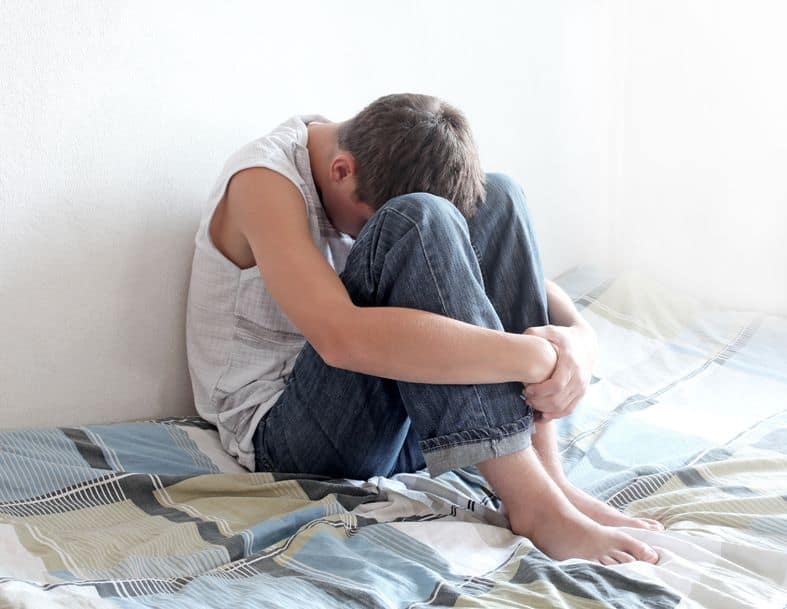
Teens and Depression – The Signs to Look For
June 22, 2017
The teenage years are challenging for both children and parents. This time can become a crisis if your teen is drifting into unhappiness and irritability. While the cause may be linked to normal hormonal changes, those behaviors may also indicate depression. It is estimated that one out of every eight teenagers experiences depression at some point in time. The good news is that teen depression and the problems that come along with it are treatable with inpatient therapy.
Why Teens Become Depressed
The teenage years can be very difficult. There is often a great deal of pressure regarding grades, social status, and sexual orientation. If the family and home life is in crisis, this will add to the emotional load, and the teen will withdraw from friends and activities that were once enjoyed. If your teen has become isolated and uncommunicative, they may be depressed.
Symptoms of Teen Depression
The most common symptoms of depression in the teen years are excessive sleeping, a change in eating habits and petty criminal acts such as shoplifting. Additional signs include the following:
• Being apathetic and disengaged
• Poor memory along with an inability to make decisions or concentrate
• Feeling inappropriately or excessively guilty
• Acting irresponsibly by being late, ditching school and disregarding personal obligations
• Feeling anxious, hopeless and sad with a preoccupation with death
• Using drugs and alcohol along with having sex
• Loss of interest in schoolwork that results in poor or failing grades
• Dropping friends or making new ones that are a bad influence
Diagnosing Depression in Teens
While there is no medical testing for depression in teenagers, it can be properly diagnosed through psychological tests and interviews by doctors. The interviews will include family members, friends, teachers and other important people in your teen’s life. The doctor will also screen for other serious problems such as bipolar disorder, substance abuse, and suicidal tendencies.
Depression Treatment
T
How Parents Can Help
Parenting a teen is a difficult job. By taking the following points into consideration, you can communicate effectively and help your teenager through these challenging years.
• Do not discipline through shame. Try positive reinforcement to focus on what the teen does right. This builds confidence and self-esteem.
• Give your teen space to grow as a person. Do not expect them to always do exactly what you want them to. Allow the teen to make mistakes and learn from them.
• Do not live through your teen. Your experiences and theirs are entirely different.
• Ensure your teen knows they can talk to you about any subject at any time. If the teen seems depressed, listen carefully to what they have to say. The issue may seem trivial to you, but it may be a very big deal to the teen.
Depression in teenagers is common. If you cannot connect with your teen, it is time to seek professional help. The caring staff at Hillcrest Adolescent Treatment Center is available to answer your questions, discuss options and offer support.
